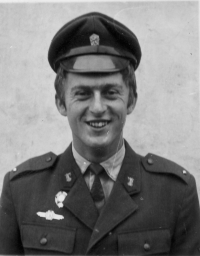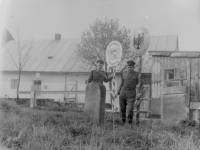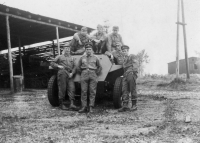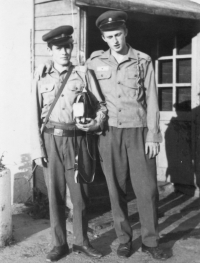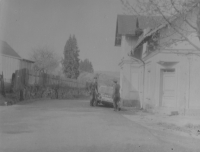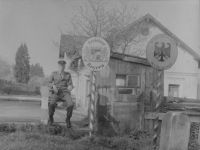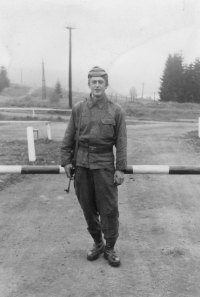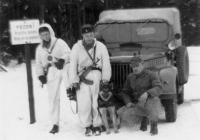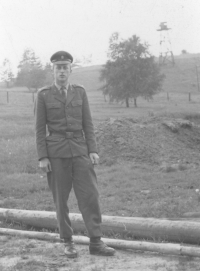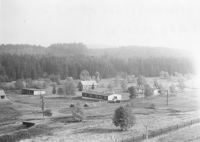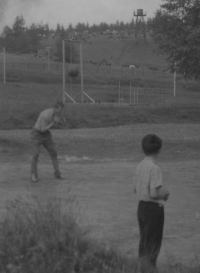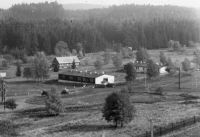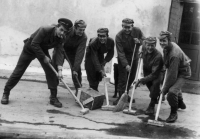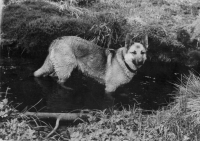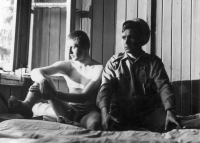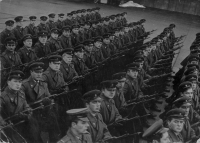The Germans on the other side had beautiful houses. We used to run around in the swamps

Stáhnout obrázek
Jiří Bláha was born on 19 April 1950 in Louny. He came from a family of businessman, but the family had to give up the business shortly after his birth. Nevertheless, he had a carefree childhood, especially with his classmates and friends, among whom were also German ones whose parents did not have to go to the expulsion. Eventually he trained as a mechanic of motor cars and locomotives. He started work at the time of the first sign of the easing of conditions in Czechoslovakia. On 21 August 1968, however, he saw the Soviet Union put a decisive end to further easing. He then witnessed how his co-workers in working-class positions lost the illusion of communist ideology. Despite his class background, he was at a compulsory military service in the border guards in the early years of normalisation. Between 1969 and 1971 he served in the 12th Brigade of the Border Guard in the Starý Pochr area of the Tachov region. However, this was a peaceful area and he encountered only minimal border violations during his service. In none of the cases did anyone die. After completing his compulsory military service, he moved to Pilsen, where he started a family and still lived in 2022.
